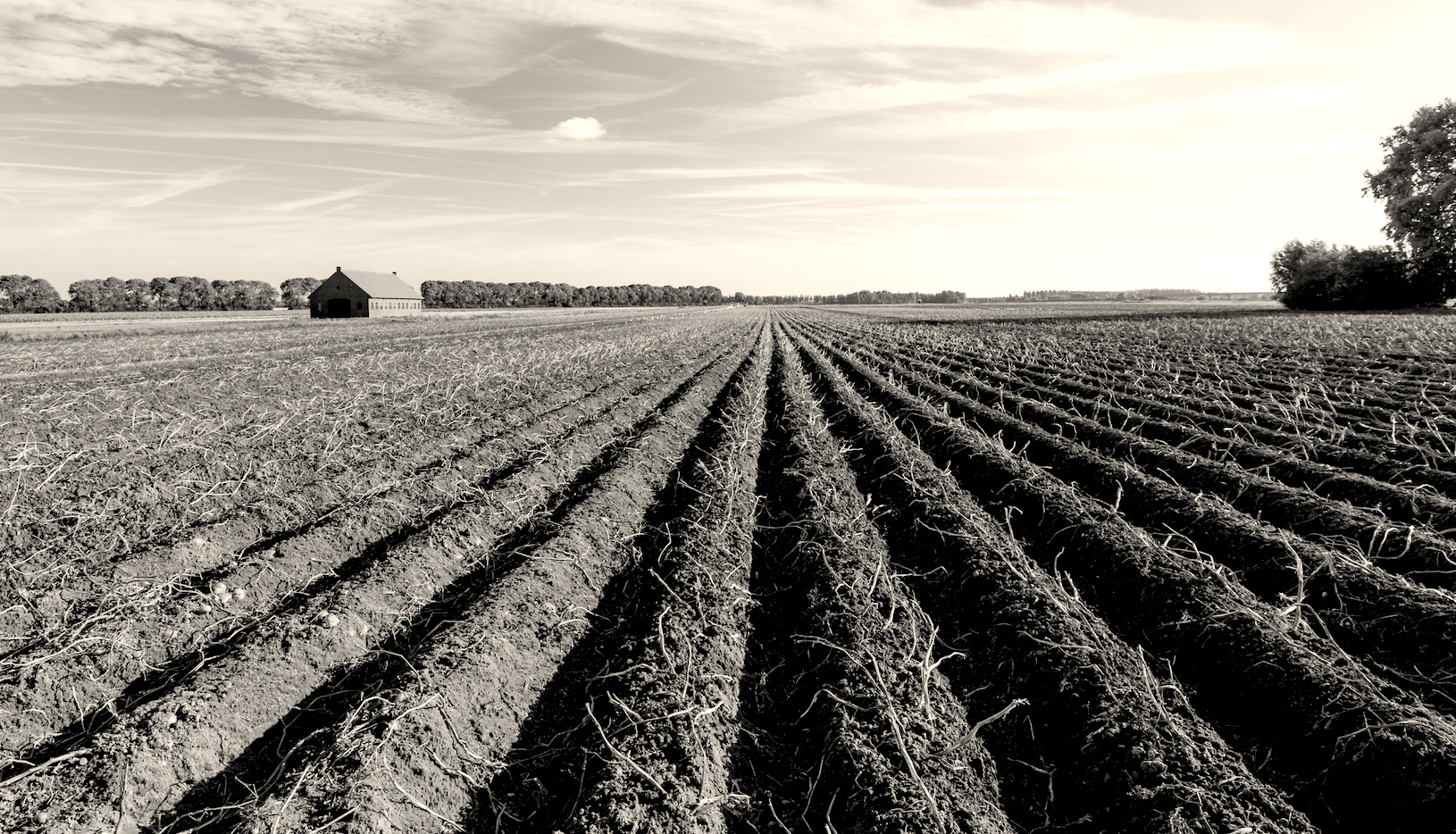These are changing, and some might say, exciting times at the Department for the Environment, Food and Rural Affairs (DEFRA). Whilst not usually a high profile Ministry, the issue of BREXIT and the appointment of Michael Gove have certainly changed that of late. Love him or hate him or somewhere between, Mr Gove is a man of action and has already put his handprint on future direction.
The 25 year plan for the environment and farming had been slumbering in DEFRA for a long time and some were feeling that it was destined to stay in that basket named too difficult. However Mr Gove saw it as a very important document to set out future plans and with some re-drafting by staff and him directly, it was issued with some ceremony by the Prime Minister in January. The headlines and immediate questions were focussed on the reduction of plastics but the comprehensive document (yes, it is a long read) contained much more than that.
Our Green Future
The plan, named Our Green Future, includes a pledge “to leave the environment in a better state than we inherited it. The plan details how Government will work with communities and businesses to do this”. Whilst the importance of agriculture, increasing productivity and home supply, is fully supported, it does clearly state that support measures must and will change. It emphasises the need for an integrated approach to land management, not keeping support in protected silos. It also emphasises that farm support should be aimed in such an integrated way, not based on acreage of land farmed but on need.
Aside from support for food production, some key elements of the direction of travel include:
- Targeting measures for clean air
- Clean and plentiful water
- Thriving plants and wildlife
- Reducing the risks of harm from environmental hazards
- Using resources from nature more sustainably and efficiently
- Enhancing beauty, heritage and engagement with the natural environment
- Mitigating and adapting to climate change
- Minimising waste
- Managing exposure to chemicals
- Enhancing biosecurity
UK farming and its support
As regards farming support, Michael Gove spoke at the recent NFU conference and set out the agenda. For anyone with an interest in farm land, it is worth reading the whole speech but it began by a statement that “the voice, influences and concerns of those who produce our food is to be amplified as much as possible, and put at the heart of Government thinking in every policy area”. Indeed he stated that this had perhaps been less of the case before and that he saw the future for our food and drinks sector to be a bright one and fundamental to the industrial strategy of Government.
On farm support, the need for radical change was signaled. Indeed the speech states “paying landowners simply, according to the size of their landholding drives up the cost of land, ties up capital unproductively and acts as a barrier to entry to new talent that we all want to encourage into farming, it impedes innovation and it’s holding back productivity growth”. A consultation paper on future support is shortly to be issued. Indeed it may be out by the time you read this. The core principle going forward is to be payment of public money for the provision of public goods, including environmental, social and of course fostering efficient and effective food production. The word integration figures strongly in all the text.
Implications for the farmed sector
So what does this all really mean for those involved in farming and/or have an investment in farm land? Well the truth is that it still too early to tell in any detail and much will depend upon the final outcome of BREXIT negotiations. However, certainly with the current post holder as head of DEFRA, there is going to be real change in terms of farming and environmental support measures. Farming’s case for support must focus on the key elements of increasing productivity and securing food supply – producing increasing supplies of produce from our own resources.
To remain competitive in a post Brexit world, UK farmers are unlikely to see change in the downward trend in price for their produce in real terms. Thus the ability to produce more with fewer inputs is critical for increasing the efficiency, resilience and competitiveness of British agriculture. The UK’s total farm productivity rate has, since the early 90s, seemed to plateau. During this time levels of productivity have accelerated in Australia, New Zealand, France, Germany and the United States, all of whom continue to realise increasing efficiencies within their industries. As a result, agricultural output in the UK has tended to stagnate when viewed as a long term trend whilst others have continued to achieve productivity powered growth.
A new agenda
There are signs that the new agenda is set to address this area of productivity as well as protecting and enhancing the environment. However it will not be easy. There are many competing demands for resources and whatever is done will always focus on where productivity and economic gains can be achieved. To use the oft quoted mantra ‘It is the economy stupid’. What is clear is that those involved in farming looking for more of the same in terms of farm support will be disappointed. Whatever the views on the new direction of travel, it is vital those involved in farming and land management view them as an opportunity and stay alert to change and respond accordingly.







